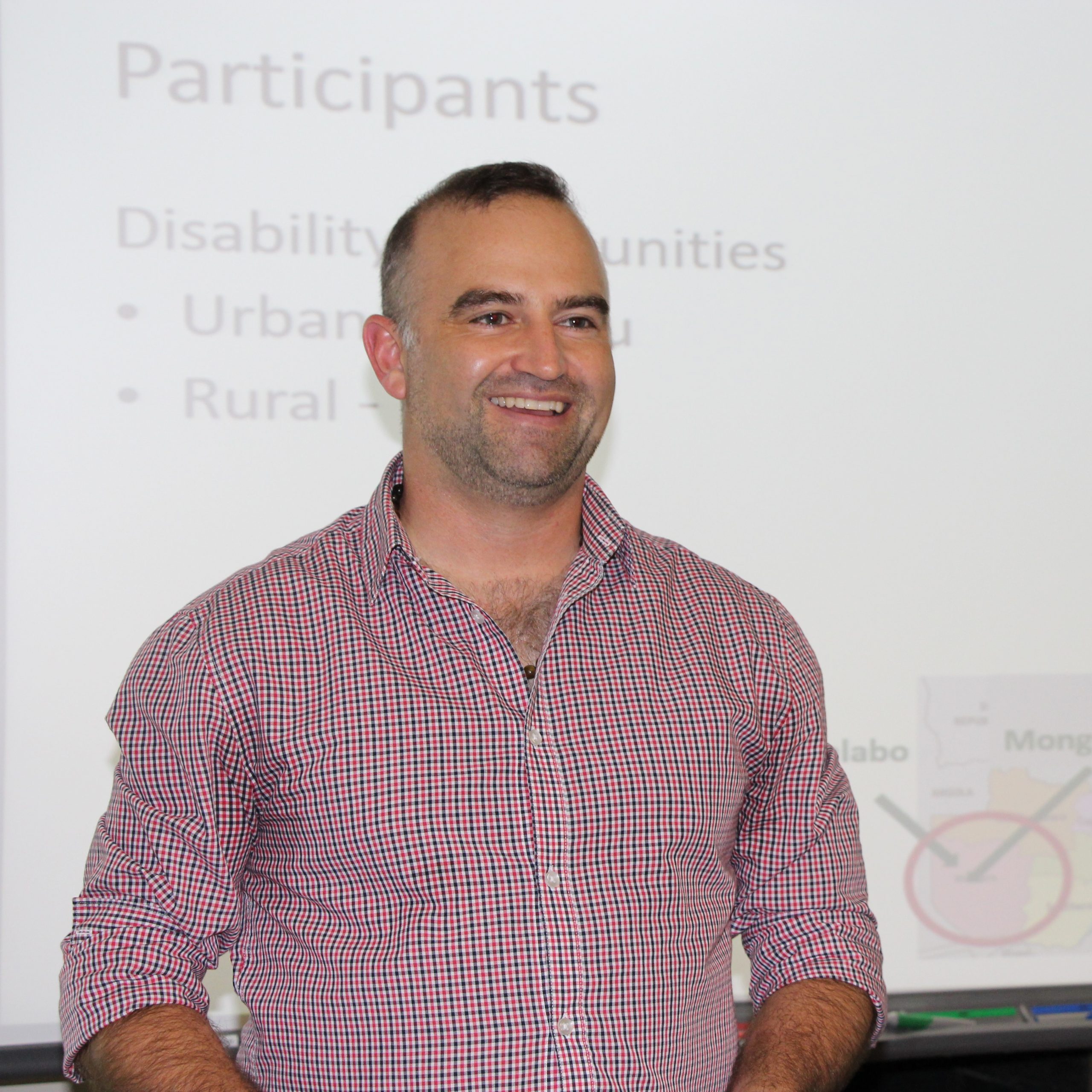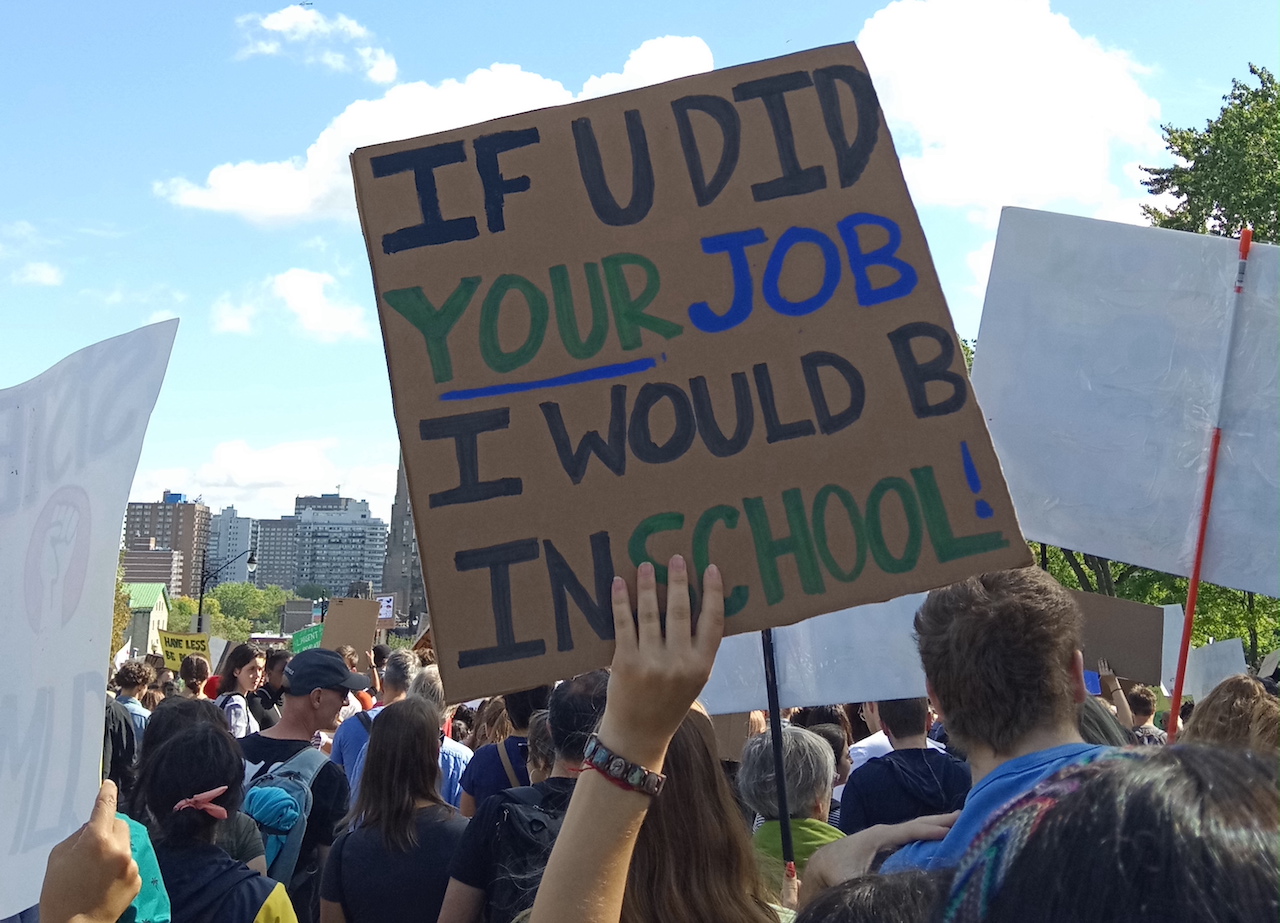In the two decades that I have been a member of this profession, I cannot recall an instance when justice was a central topic for physiotherapists. With many physiotherapists self-conceptualizing as experts of movement or physical function, maybe this oversight is understandable? Despite this collective sense that we have expertise and it is focused elsewhere, not on justice, social movements have successfully demonstrated that there is no neutral ground when it comes to injustice: a position of disinterest is not one that is outside the situation, it is a position that supports the status quo.
So what does physiotherapy look like when we center justice?
The question above is of great importance to me and my co-panelists in the World Physiotherapy 2021 Online Discussion session Developing and Delivering Justice-Centered Rehabilitation Services.
Among the co-panelists, there is clear agreement that the physiotherapy must devote more attention to justice. From this point of unanimity, we quickly arrive at additional questions for which our answers are more diverse: what do we mean by justice? What should be the roles of physiotherapists in confronting injustice? What positions should the profession take to encourage societies that are more just?

Shaun Cleaver (PhD)
Shaun Cleaver is a physiotherapist and contract academic at McGill University. His research explores disability, rehabilitation, and global health, and has been conducted in partnership with persons with disabilities in Zambia. Shaun’s teaching focuses on professionalism and community health, including service learning and traditional educational formats.
Whereas we know that issues of justice and injustice are often intersectional, the climate crisis is particularly knotted to other concerns. We know that the negative health effects of the climate crisis are already being distributed inequitably and that this trend will continue as temperatures and sea levels rise. We also know that the social, political, and economic orders that created the climate crisis – and are unable to offer solutions to it – are the same ones that brought us settler-colonialism, anti-Black racism, and unconscionable levels of income inequality. With the causes of the climate crisis and its most significant effects inextricably linked to matters of justice and injustice, the climate crisis will necessarily figure into the discussion about justice-centered rehabilitation services.
So how exactly do we incorporate the climate crisis into a broader discussion about justice and physiotherapy?
I personally do not yet have clear answers to this question, which is precisely why I want to discuss the issue more on April 10th. Nonetheless, I am seeing some promising movements to holistically approach the knot of injustices in which we find climate change, racism, colonial domination, and egregious inequality.

Both images from Fridays for Future Climate Strike, Montreal, 27 Sept 2019, 500 000 attendees
In Canada, where I was born, raised, trained as a physio, and am currently employed, Indigenous peoples are proposing ways of being in which humans exist in harmonious integration to the natural world. I am encouraged by my Indigenous physiotherapist colleagues who are increasingly making their voices heard in the profession.
In Western Zambia, where I have been involved in disability research since 2014, holistic eco-health approaches are helping inform strategies of adaptation and mitigation on the Barotse floodplain of the Zambezi River. As the climate crisis disrupts the annual flood and rainfall patterns that have supported life for millennia, it is apparent that biomedicine will not provide adequate solutions in isolation. Although we might not yet know physiotherapy’s place in an eco-health model, this could be a promising movement for physiotherapists to support as we atone for the injustices inflicted upon the peoples of the floodplain by hundreds of years of carbon emissions.
While conversations about physiotherapy, justice, and the climate crisis might be new to the profession, these considerations will be with us for a while. I hope that you lend your voice, and your action, to these important concerns.


Thank you for the thought-provoking read, Shaun. Whilst I agree that conversations about physiotherapy and climate change might be new to the profession, and that there is a huge need to discuss justice, I do not agree that justice has not been addressed within the profession before. Dedicated, well recognized colleagues started this discussion at least one decade earlier (as far as I remember also as panelists at the WCPT congress in Amsterdam 2011).
My favorites are their two companion papers ‘Moral Agency as Enacted Justice: A Clinical and Ethical Decision-Making Framework for Responding to Health Inequities and Social Injustice’ https://academic.oup.com/ptj/article/91/11/1653/2735120 and ‘New Perspectives on the Theory of Justice: Implications for Physical Therapy Ethics and Clinical Practice’ https://academic.oup.com/ptj/article/91/11/1642/2735107
Another aspect: In my online ethics courses on Physiopedia/Physioplus e.g. many colleagues from South Africa participate, as ethics training is required for their CPD. The implications and various expressions of injustice within their health care system, the role of physiotherapists and ways to respond to these issues are addressed intensively and repeatedly in the discussion forums, when working through the Four Biomedical Ethical Principles of Beauchamp and Childress, and violations of Human Rights (sidenote – with the implementation of universal health care recently one step forward seems to be achieved).
I am much looking forward to your discussion session, and congratulate to your Justice Rehab Twitter channel!
Best wishes
Andrea
Andrea I really enjoyed your session at WP. Plus Shauns sessions and the presentation on refugees and migrant health care.
I am very happy that there was a conscious effort from WP and organisers to tie in the SDGs to physio practice. There is definitely ground swell at grass roots level to explore the links between health human rights and an inclusive expression of the SDGs. Looking forward to many more brainstorming blogs here. Thank goodness that EPA facilitates exchanges in different languages. EPA is a member of the Planetary Health Alliance. The planetary health alliance conference is planned for April 25 to 30th. I hope you and everyone else interested in this topic can attend. It has also been made accessible and registration free. Here is the link everyone. Get ready to enjoy! https://www.planetaryhealthannualmeeting.com/ Catch up there:) from Maca Hourihane